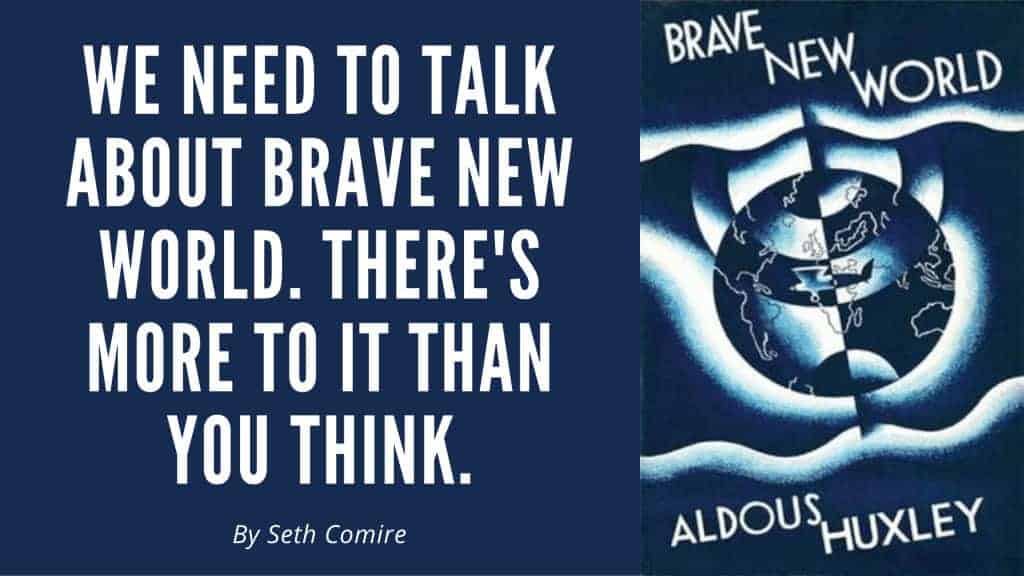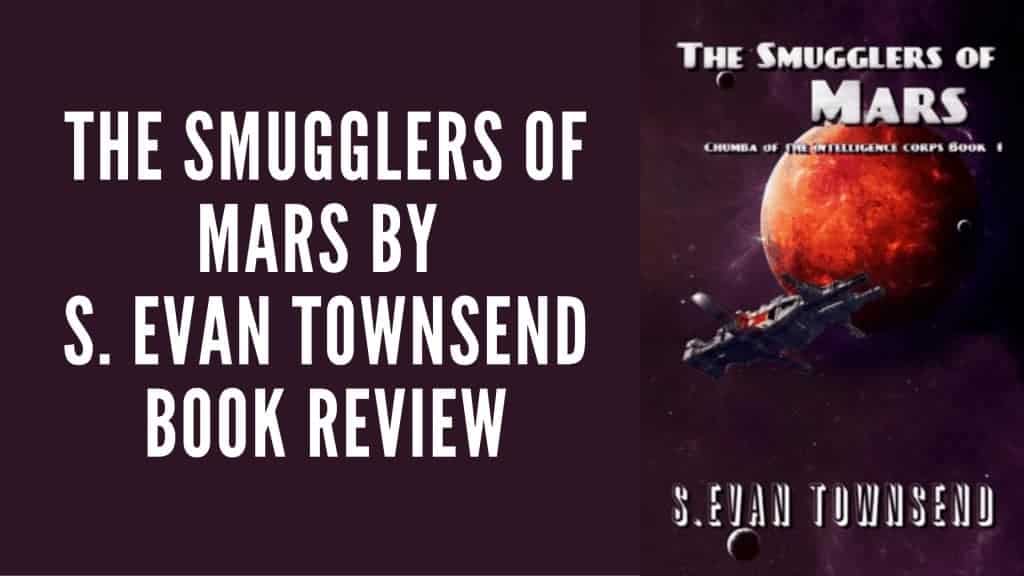
Book Blurb
SOON TO BE A MAJOR MOTION PICTURE directed by Denis Villeneuve, starring Timothée Chalamet, Josh Brolin, Jason Momoa, Zendaya, Rebecca Ferguson, Oscar Isaac, Javier Bardem, Dave Bautista, Stellan Skarsgård, and Charlotte Rampling.
Frank Herbert’s classic masterpiece—a triumph of the imagination and one of the bestselling science fiction novels of all time.
Set on the desert planet Arrakis, Dune is the story of the boy Paul Atreides, heir to a noble family tasked with ruling an inhospitable world where the only thing of value is the “spice” melange, a drug capable of extending life and enhancing consciousness. Coveted across the known universe, melange is a prize worth killing for….
When House Atreides is betrayed, the destruction of Paul’s family will set the boy on a journey toward a destiny greater than he could ever have imagined. And as he evolves into the mysterious man known as Muad’Dib, he will bring to fruition humankind’s most ancient and unattainable dream.
A stunning blend of adventure and mysticism, environmentalism and politics, Dune won the first Nebula Award, shared the Hugo Award, and formed the basis of what is undoubtedly the grandest epic in science fiction.
Dune by Frank Herbert
Written by Frank Herbert in 1965, Dune took on a life of its own starting from its initial publishing. Rejected by 23 publishers, Dune became the most successful science fiction book ever.
Dune's Plot
For those of you in the minority of Sci Fi book readers who haven’t heard of Dune, it’s a space-based, messianic-themed epic saga. It takes place on Arrakis – the desert planet. Two families of a futuristic imperium – the Atreides and the Harkonnen – battle for control of the planet.
Arrakis is the only planet in the galaxy that has melange, or “the spice”. Melange is a sort of drug that enhances people’s abilities. The entire population of the galaxy suffers from a melange addiction. Hence the drug is the basis for the economy.
Melange, or “the spice”, extends human life and enhances mental capabilities.
Duke Leto Atreides of the House Atreides, now rules the harsh desert planet. His concubine, Lady Jessica, is an acolyte of the Bene Gesserit. The Bene Gesserit is similar to a witch’s coven, in that the group is exclusively female and they wield superhuman physical powers.
The Bene Gesserit also have a mythology similar to Christianity, in that they expect a messiah, known as Maud’Dib.
The rest of the story consists of dramatic events which would divulge spoilers for those sci-fi fans who have yet to read Dune. Thus, this is where I end the plot synopsis, since I feel providing any further details would simply ruin the reading experience.
Herbert's Inspiration for Dune
In 1953, as a journalist, Herbert received an assignment that would change his life. He was to write an article on the U.S. Department of Agriculture tests to control “moving” sand dunes. He began accumulating plenty of research and materials for the article. So much so, that he realized he had enough information on the subject – enough to write a book.
I had been nurturing the idea to write a treatment of the messianic impulse in human society for a long while.
– Frank Herbert
Herbert was a Sci Fi enthusiast. For this reason, he felt sand dunes made a great setting for a science fiction book. Thus, Dune was born. The author then added the religious theme to Dune, using the “messianic impulse in human society.”
Herbert integrated Arabian, Navaho, and Calaharie cultures. Each are native to deserts throughout the planet. He pointedly observed how they “utilize every drop of water.”
We (Western culture) tend to think we can overcome nature by mathematical means. We accumulate enough data and subdue nature. This is a one-pointed vision of man.
– Frank Herbert
Herbert was critical of Western culture. He expressed his disdain of Westerners’ “single-minded attempt to control nature.” In fact, the author focused on this exact topic, making it the turning point of the entire book. According to Herbert, the character of Kynes (Dune’s version of the Western man) has “lived out of rhythm with nature, and he got in the trough of the wave and it tumbled on him.”
Do you love Dune? If so, check out our book review on Aestus, a book rich as Dune with world-building, characters, and a dramatic plot by indie author S.Z. Attwell!
He read over 200 books as a background for Dune. One quote, in particular, was poignant: “Ecology is the science of understanding consequences.” With an ecologist perspective, Herbert wrote of the Western mindset, specifically of the effects of power on society.
Western man has assumed that if you have, that all you need for any problem, is enough force, power. And that there is no problem which will not submit to this approach… It’s the basic fallacy to Western man’s approach to living. Herbert frequently critiqued Western man’s beliefs. He expressed it through the messianic character Paul Atreides. Paul’s internal conflicts, based on his belief in ethical norms of absolute rightness, oppose the law of moral necessity. This characterization offers depth to the character, however.
Publishers Didn't See Dune's Potential
Herbert received rejection letters from 23 different book publishers. Finally, the automotive manual publisher Chilton decided to publish Herbert’s book. This marked the first occasion Chilton published a book of fiction.
Many best-selling authors experienced the frequent rejection of their first books. Herbert is not alone in this class.
- Dr. Seuss, And to Think That I Saw It on Mulberry Street, rejected 27 times
- William Golding, Lord of the Flies, 21 rejections
- Stephen King, Carrie, rejected 30 times
- Audrey Niffenegger, The Time Traveler’s Wife, rejected 25 times
- Joseph Heller, Catch 22, rejected 22 times (believed to be the inspiration for the title)
- Madeleine L’Engle, A Wrinkle in Time, rejected 26 times
- and many more!
To get Dune published, Herbert split his original story into three parts. Additionally, he removed more than a third of it for the first version. According to the author, “I sat down and took about a year and a half putting it together, writing it. My reports from the New York market were very poor and my treatment by some of the publishers back there was just outrageous.”


